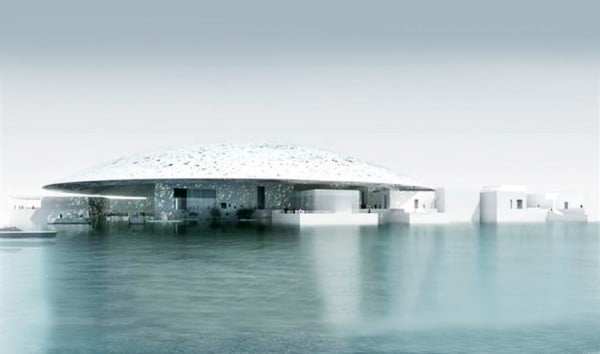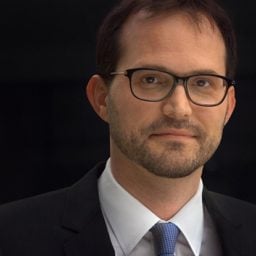

The Louvre Abu Dhabi will receive around 300 works on loan from renowned french museums over the next ten years, Agence France-Muséums director Manuel Rabaté told French daily Le Figaro.
The exact composition of the loans, which he said will include “masterpieces and emblematic works,” will be announced at the end of this year. The works will be sourced from the collections of 13 French museums including the Musée d’Orsay, the Louvre, the Centre Pompidou, and the Musée Guimet.
Seeming to anticipate the outrage that sending some of the country’s most prized artworks to the gulf for a full decade might provoke, Rabaté clarified that each of the works will only head to the Louvre Abu Dhabi for a period of around one year. He suggested that the loans will be more heavily concentrated in the early years of the collaboration and will slowly taper off as the institution builds out its own permanent collection.
That collection is said to include 500 works by the time the Louvre Abu Dhabi opens its doors in December 2015. An exhibition of around 160 works from that permanent collection, Birth of a Museum, closed at the Louvre in Paris over the weekend. Rabaté said that over 120,000 visitors saw the show during its run.
The 30-year agreement signed by France and the UAE in 2007 to create the museum doesn’t just include artworks. Rabaté, who moved to Abu Dhabi with a 17-member team, has also been charged with providing expertise in museum management to the future caretakers of the nascent institution.
He said that the Louvre’s new director Jean-Luc Martinez also travels to the Emirates every two months to create further ties between the Louvre’s Paris and Abu Dhabi staff. His predecessor Henri Loyrette was criticized for his and the Agence France-Muséums’ lacking engagement with the project.
Looking forward, Rabaté said that his team will stay on in Abu Dhabi through the museum’s opening at the end of next year at the very least, noting slyly that certain members would be interested in staying on in the Emirates for the long haul. Abu Dhabi, he said, “is teeming with projects that would be impossible to carry out in old Europe.”






